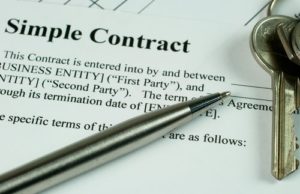Equitable Estoppel Defined

Equitable estoppel is an American counterpart to the English concept of estoppel by representation of fact. The representation that invokes equitable estoppel applies to representations made by both words and/ or conduct. Although the representation must be clear and unambiguous, a representation under equitable estoppel can also be inferred from silence when there is a duty to speak or when negligence has arisen from a duty of care.
The English counterpart, Estoppel by Representation of Fact, is usually implemented as a defense, although in certain cases it can be a support in a cause of action or a counterclaim.
American equitable estoppel is commonly summarized as:
Facts misrepresented,
Facts that are concealed,
Hiding knowledge of true facts,
Acting with fraudulent intent,
Acting from unjust inducement,
Benefiting from detrimental reliance,
Injury to the complainant, and
A clear, concise, unequivocal proof of act, which in no way involves implication.
Equitable estoppel is alternatively known as estoppel in pais and is meant to protect a party to a contract from being harmed by the voluntary conduct of another party. It is immaterial to a finding of equitable estoppel whether the voluntary conduct is action, silence, acquiescence, or the concealment of material facts.
When equitable estoppel is considered estoppel by laches, it is a form of estoppel that precludes a party from being allowed to bring an action because the party knowingly failed to claim or enforce one of their legal rights in a proper period of time.


















